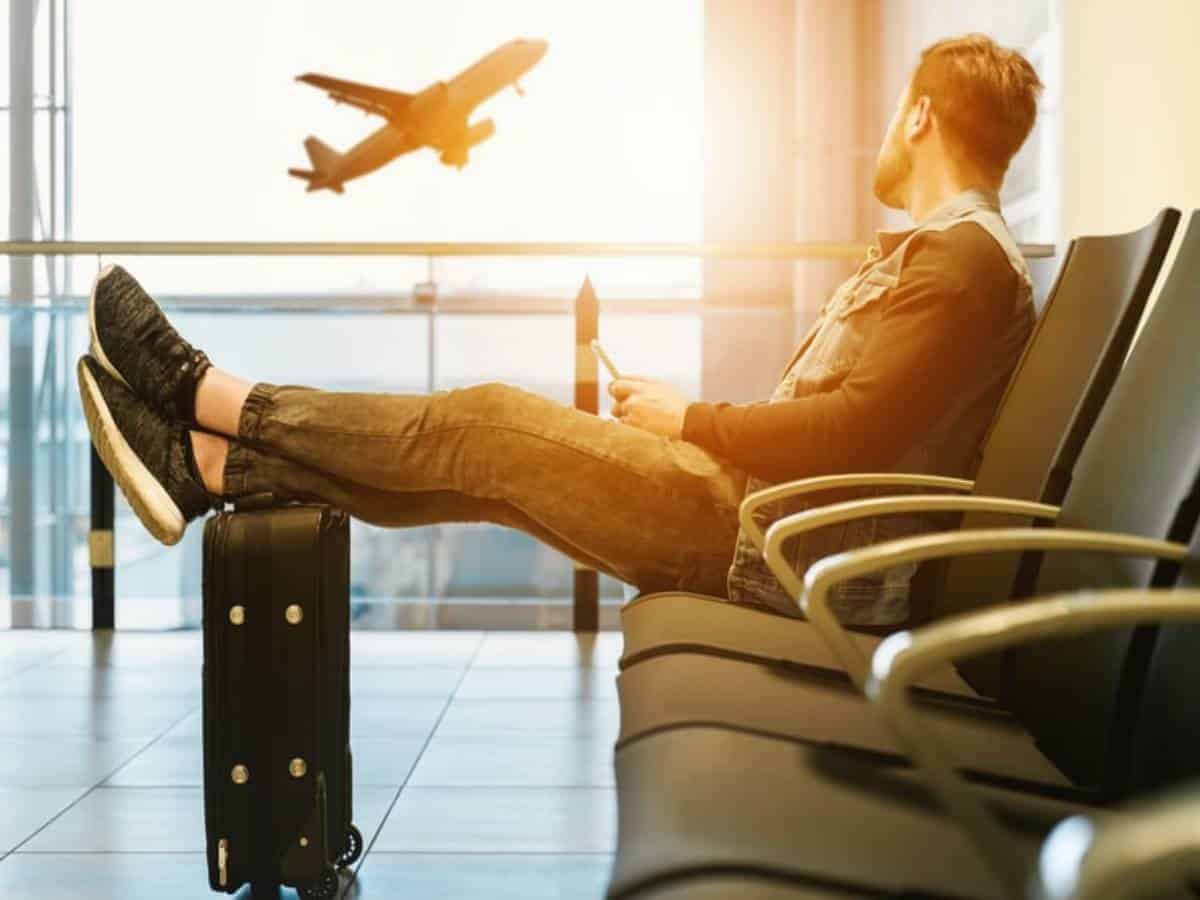Hyderabad: A research conducted by homestay company Airbnb in May 2021 revealed that 43% of 1,023 Indians expect or plan to travel during the next five months, while 66% of them would consider trips possible within driving distance.
Indians are looking at travel in newer ways and exploring flexible, nearby travel and travel to work remotely. Over one third of them are excited about visiting new places with loved ones, relaxing in nature, enjoying offbeat destinations and sharing their experiences and recommendations with others.
About eight in ten (78%) said they would like be closer to their family in order to receive or provide support
The survey conducted in association with YouGov, a research company, found about two-thirds (62%) of the respondents said they would opt for non-peak times of the year to travel. A third of respondents (33%) would like to spend time travelling and working anywhere in different locations in a post-pandemic world.
Traveling to be amidst the nature continues to be preferred by four in ten (40%) respondents and hill stations seem to be a popular choice, with 44% of Indian residents wanting to visit destinations such as Manali, Mussoorie, Nainital, Ooty, Munnar, Coorg, and Kashmir. For over 38% Indian travellers the beaches of Goa, Kerala, and Pondicherry are also sought-after destinations.
Amanpreet Bajaj, general manager, Airbnb (India, Southeast Asia, Hong Kong, and Taiwan), said they expect a travel rebound unlike anything they have seen before. “We have made it easy for anyone who wants to host and take advantage of the coming travel surge. Half of the new listings globally that were both activated and booked in early 2021 got a reservation request within four days, and for the year ending April 30, the average annual earnings per homes host who has welcomed at least one guest on Airbnb was about US$9,600.”
While many in the country are positive about traveling again, the country is still grappling with the pandemic.
Amid massive footfall of tourists thronging hill stations, the centre raised an alarm on Tuesday, warning that ‘revenge travel’ can jeopardise the gains and create fresh COVID-19 cases even as the country is struggling with the waning second wave to restart economic activities.

